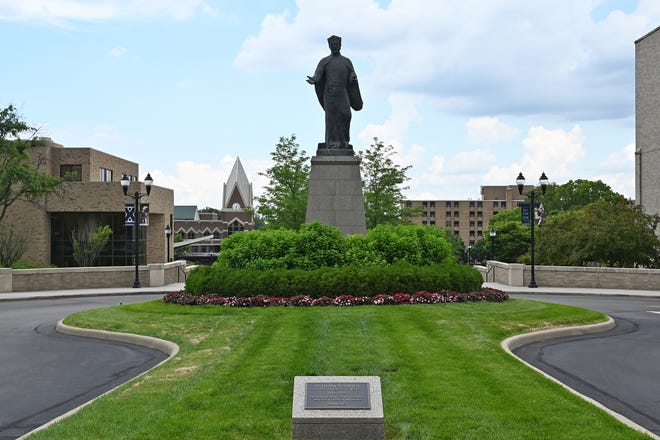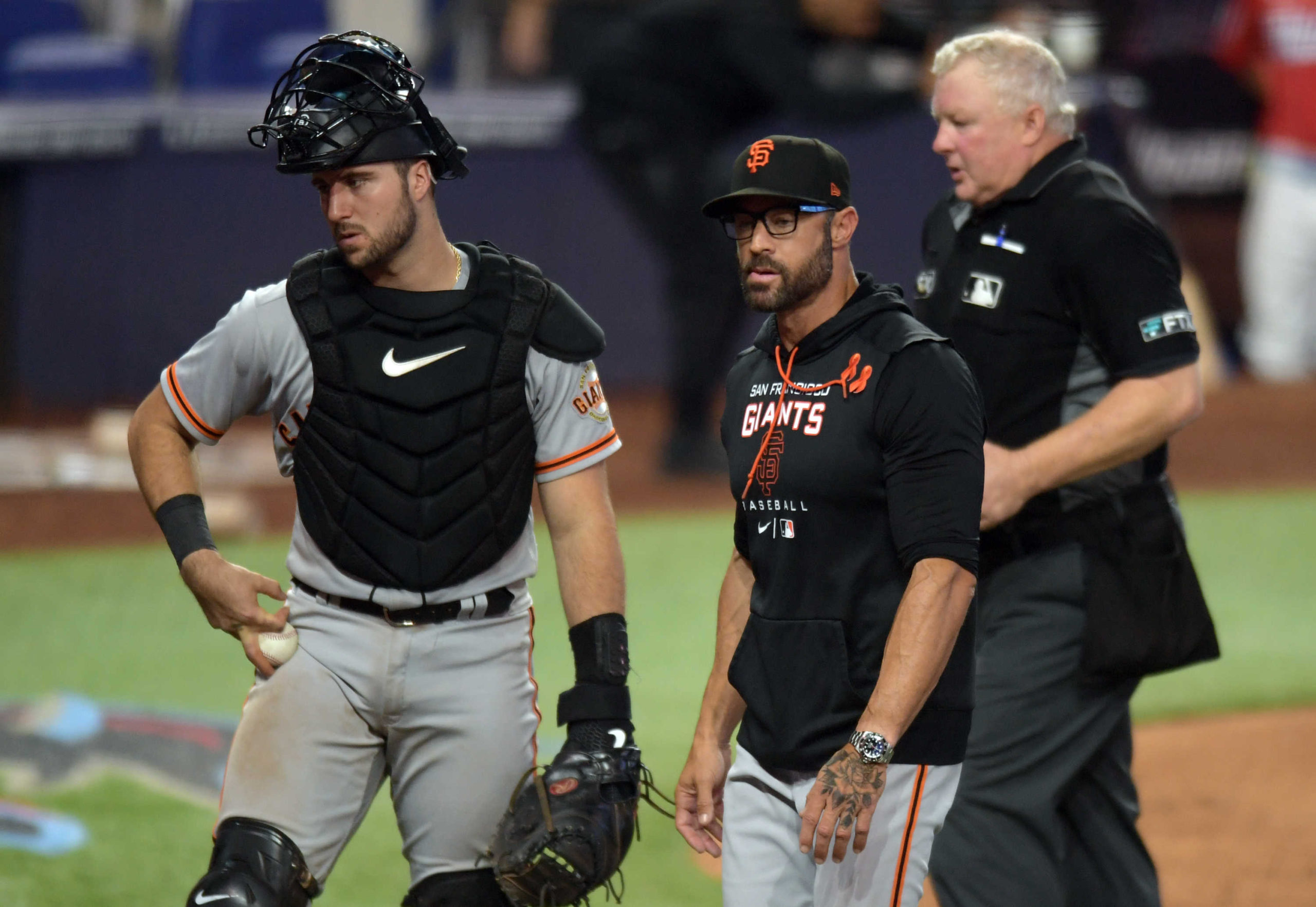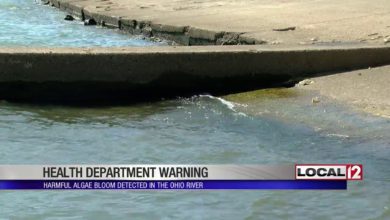
More than 16 million Americans served in World War II. Now, hundreds die every day. Last year, only about 300,000 veterans were still alive. This is the story of two of them.
...
Charlie Brafford places his 7UP and whiskey on the table. It clinks, because there is nothing left but ice. The 95-year-old stands up, knees looking like they might buckle, and walks to the mantel in his home on Cincinnati’s West Side, where there are dozens of framed pictures.
One is from his 90th birthday, where seemingly hundreds gathered to celebrate. Others are from when he was a young man, fixing cars and building whiskey barrels. Charlie looks at another picture, each one full of memories from a time that no longer exists.
“All my friends are dead,” he says.
He says this in a nonchalant way, because death is not new for him. It’s something that’s been happening around him for most of his life.
Charlie was born in 1926, one of nine kids. All his siblings are dead, too.
Except Joe, a small man holding a harmonica who looks even smaller sinking into Charlie’s staid living room couch. Joe lost his eyesight more than a decade ago, and when he looks at you, he doesn’t really look at you.
“Smile, dad,” his son shouts while a photographer takes his picture for this story.
He never does.

But when the 96-year-old plays the harmonica, you see the handsome man from old photos. Charlie plays the harmonica too, although not as well. And on this day in January, what starts with the two playing “Rocky Top” ends with Charlie staring at his brother the way brothers sometimes do.
Charlie is finished, harmonica in his lap. Joe plays for another 10 seconds, adding his own flurry of high-pitched musical notes to the song’s finale.
“He always does this,” one of his kids says.
They are brothers, after all.
…
'You had to do what you had to do.'
The Brafford brothers both served in World War II. One saw combat, the other cooked for those who did. The brothers are extraordinary, mostly because of how ordinary they are.
These are not the kind of veterans books are written about. These are just two men from Cincinnati who did what they had to do, then came home and did what they had to do again.
Growing up, the Braffords didn’t have indoor plumbing. They went to the bathroom outside. In their attic, which was used as an extra bedroom, the windows were broken and covered with cardboard.
It did not keep out snow in the winter.
Joe said he was lucky to bathe once a week. He remembers his mom putting hot water in the tub and each kid taking a turn. The water did not stay warm for long. Charlie remembers wearing shoes for years until they got holes in them. When they did, he would slide a piece of cardboard into the bottoms.
And yes, both remember walking miles to school in a blizzard.
“You wouldn’t want to live the way we lived,” Charlie said.

In many ways, it’s a miracle they’re here.
Joe dropped out of school in eighth grade. Eventually, he took a job as a garbage man. On his route in Cheviot, a young woman regularly brought him water and snacks. When he left for the war, he wrote to her. And when he returned, Marie jumped into his arms. They married and had nine kids together.
This was the type of love story books are written about. And then life happened.
Marie was diagnosed with multiple sclerosis, and she slowly deteriorated over many years. The family couldn’t afford a bedside nurse. So Joe fed her with eye droppers and cleaned upafter her when she couldn’t make it to the bathroom. He did this for more than five years, until she died in 1998.
“You had to do what you had to do,” Joe said.
The truth is this is also how he views his military service. He doesn’t have “war” stories. He tells one about the month-long boat ride to India, his first destination after basic training. He talks about the boat zigzagging through the ocean to avoid detection. He talks about being so seasick he wished he were dead.

Charlie is the one with war stories. He's the onewho slept in a barn with pigs. Soldiers were shot next to him, and his troops were pelted with anti-aircraft guns. He slept in a foxhole when it was 28 degrees.
Joe spent most of his time in Myanmar, where he found himself on a remote base during monsoon season. It was dark, and it rained most days. His job was to cook for the airmen. He made stew with cans of beans and anything else sent from the States, throwing it all into a big pot with goat meat.
It wasn’t bad, he said. It was what they had.
After the military, Joe and Charlie eventually opened the Brafford Bros. Body Shop and ran it for about two decades. Like most brothers, they fought. Joe painted the cars, and Charlie was the boss. He yelled a lot – even at Joe’s kids.

Before the pandemic, Joe and Charlie went to the casino four or five times a week. They had always been brothers, but they became best friends after Charlie’s wife, Alice, died in 2005.
When Joe lost his eyesight, Charlie did what brothers do. He drove Joe to the casino, and he pressed the buttons on the slot machines for him.
When they could no longer do that, first because of Charlie’s own deteriorating eyesight and then because of the pandemic, Joe’s son, Steve, would drive them to Kentucky with lawn chairs and a cooler of beer. They would sit under the Taylor Southgate Bridge for hours. Steve brought a boombox.
They didn’t talk about the war.
Sometimes, they didn’t talk at all.

…
'Did we have a good life?'
In Charlie’s living room, the Brafford brothers told stories.
These were not particularly revelatory stories, and many had been told before. But their kids were delighted to hear them again. The kids, all well into middle age and beyond, knew Joe and Charlie didn’t usually eat more than Cheez-It crackers for lunch growing up. They knew the brothers didn’t get many presents for Christmas. And they knew they used to skip school and swim in Mill Creek, floating on an old door in the water.
Joe had told his son about that sickening boat trip dozens of times. He’d also told him about something the people in Asia chewed that turned their teeth black. He didn’t know what it was. But he told him about it again on this cold day in January.
Sitting on the stairs behind him, Joe’s 71-year-old son drank a Bud Light and listened. Because there is comfort in memories. There is comfort in passing on stories from one generation to the next.

This story isn’t for Joe and Charlie. It’s for their kids, and it’s for their kids’ kids. Some of them are in the photos on Charlie’s mantel. Charlie, who now has a head full of white hair, picked up a picture of his children.
“They’re all rich,” he said.
One of his daughters laughed and then corrected him.
“We’re not rich,” she said. “We’re just not poor.”
His kids had more than he did. And for Charlie, that was enough. He put the picture down and walked across the room. He was done with this interview.
“Did we have a good life?” Charlie asked.
“Hell yeah,” he answered.
Source link






